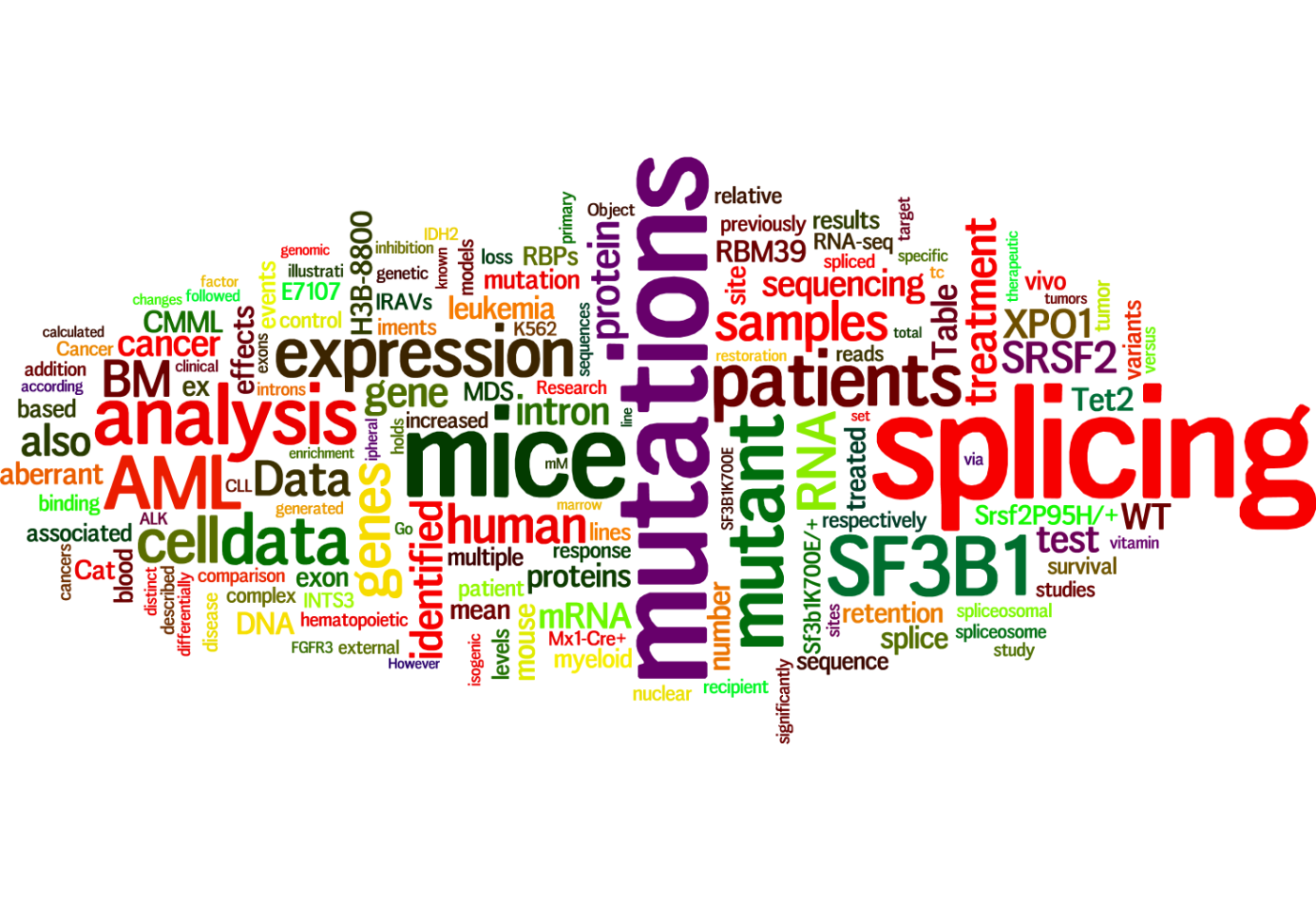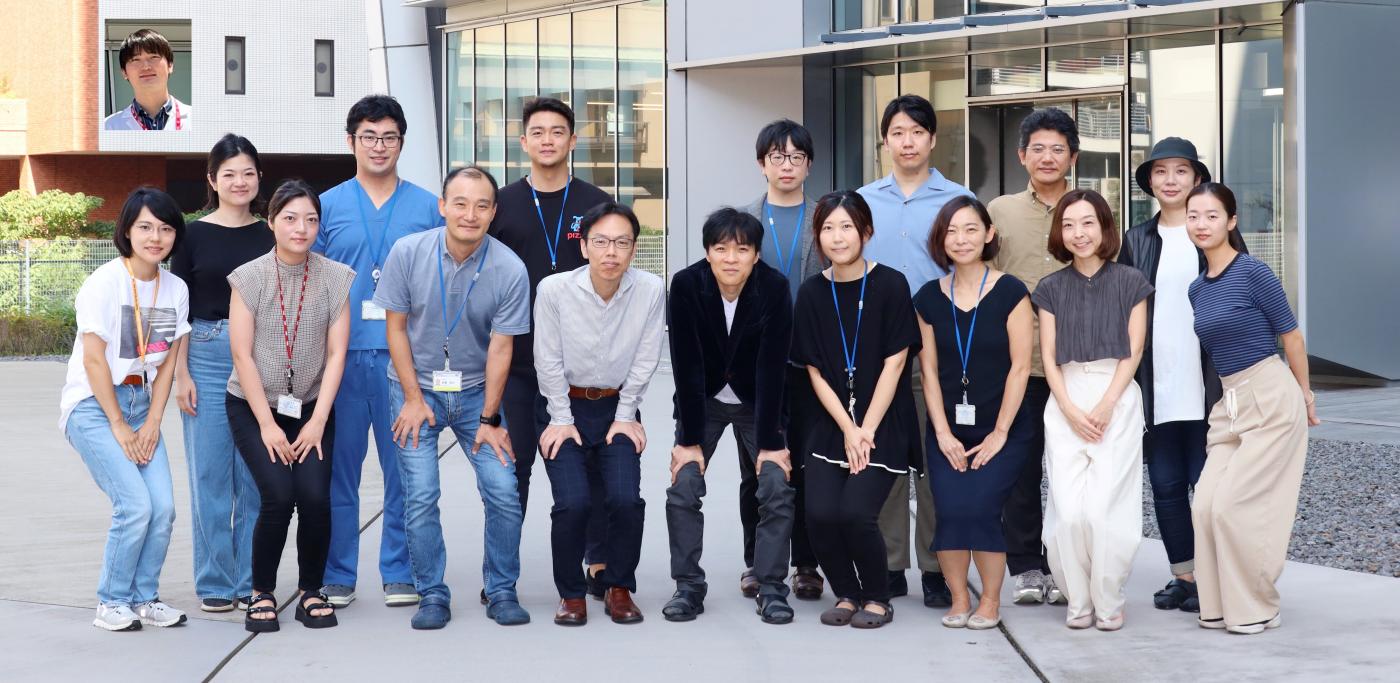Home > Division of Cancer RNA Research
Division of Cancer RNA Research
- Feb. 16, 2026
- Yoko Suzuki has joined our lab as a graduate student!
- Feb. 6, 2026
- Moritoshi Sakamoto delivered an oral presentation at the 35th Molecular and Cellular Urology Research Meeting!
- Feb. 5, 2026
- Akihide Yoshimi delivered an invited lecture at the Cancer TR Seminar at Kawasaki Medical School.
- Feb. 4, 2026
- Our review article, “Advances in antisense oligonucleotide treatment for cancer,” authored by Lu Zhu, Pariha Muhtar, and Akihide Yoshimi, has been published in JJCO!
- Feb. 4, 2026
- The article ‘Frontiers of Cancer Drug Discovery and Development Using ASO × DDS,’ authored by Kaori Kondo, Sakura Inoue, and Akihide Yoshimi, has been published in Clean Technology.
- Feb. 4, 2026
- Our review article, “The role of splicing factor mutations and therapeutic targeting in hematologic malignancies,” authored by Takuya Izumi and Akihide Yoshimi, has been published in Igaku no Ayumi.
- Jan. 31, 2026
- Tomoya Muto delivered a talk at the 30th meeting of Hematological malignancy clinical study group!
- Jan. 30, 2026
- Akihide Yoshimi delivered a talk at the 30th meeting of Hematological malignancy clinical study group.
- Jan. 8, 2026
- Akihide Yoshimi gave a special graduate lecture at Jichi Medical University.
- Jan. 6, 2026
- Fu Xinyi and ChaeHyun Lee have joined our lab as postgraduate international research students!

Our Research Interest
Our studies have been focused on how RNA processing including RNA splicing is altered in cancer and functionally drives cancer initiation and maintenance. The advent of high-throughput transcriptome sequencing has provided a wealth of information on RNA splicing on a genome-wide scale. It is now understood that > 95% of human genes are subject to alternative splicing. RNA splicing is considered to be a major mediator of proteome diversity through its ability to generate multiple transcripts with differing amino acid sequences from a single gene. The discovery of recurrent mutations in components of the RNA-splicing machinery in 2011 further highlighted the importance of aberrant splicing in cancer as well as a potential therapeutic vulnerability for cells bearing these mutations. Despite the major advances in our understanding of the genomics, molecular biology and therapeutic implications of altered RNA processing in cancer, the full contribution of aberrant RNA splicing to cancer pathogenesis has not been fully elucidated. Our aim is to contribute to the full understanding of the pathogenic roles of altered RNA processing in a variety of cancers and to the development of therapeutically efficacious and safe strategies to improve the outcome of cancer patients.

(Figure was made by using Wordle based on our recent papers)




